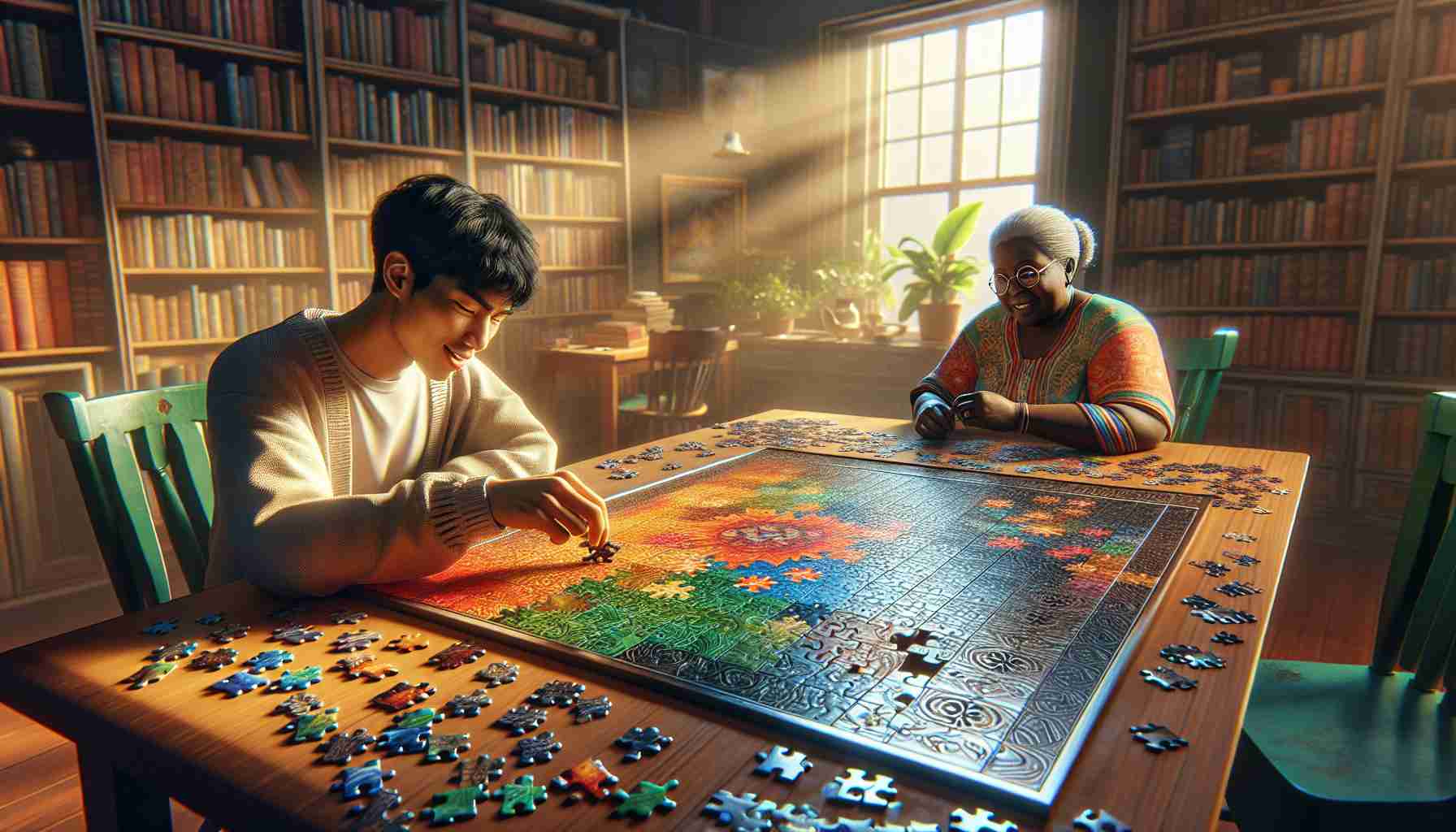Unleash your inner problem solver and challenge your mind with word games and puzzles. Whether you prefer deciphering clues or connecting dots, there’s a game out there for you. While some may find it daunting, the feeling of accomplishment when completing a puzzle is unmatched.
Strive to improve your cognitive skills and expand your knowledge base by engaging in brain-teasing activities. Remember, practice makes perfect, so don’t be discouraged by the occasional challenge. Every puzzle you solve is a step towards enhancing your mental agility.
If you find yourself stuck on today’s crossword or any other game, seek help and guidance. Embrace the satisfaction of finding the right solution and revel in the joy of unraveling mysteries. Let each puzzle be a means of sharpening your wit and boosting your confidence.
Challenge yourself daily and discover the thrill of cracking codes, piecing together clues, and conquering challenges. The world of puzzles awaits, ready to entertain, educate, and engage your mind in unique ways. So, grab a pen or tap away on your keyboard, and embark on a journey of mental stimulation and fun!
Additional Facts:
– Solving puzzles and engaging in brain-teasing activities have been linked to improved memory, cognitive function, and overall mental well-being.
– There are various types of puzzles, including sudoku, jigsaw puzzles, logic puzzles, and riddles, each offering different challenges and benefits.
– Puzzles can be a great way to unwind, relax, and break away from the daily stressors of life, providing a form of mental escapism.
– The popularity of puzzle-solving has led to the creation of dedicated puzzle-solving communities, where enthusiasts can share tips, tricks, and strategies.
Key Questions:
1. How can solving puzzles benefit overall cognitive function and mental health?
2. What are the different types of puzzles available and how do they differ in terms of mental stimulation?
3. Is there a recommended frequency for engaging in puzzle-solving activities to maximize their benefits?
Advantages:
– Puzzles can improve problem-solving skills, critical thinking, and creativity.
– They offer a fun and enjoyable way to challenge yourself and keep your mind sharp.
– Solving puzzles can provide a sense of accomplishment and satisfaction upon completion.
– They can be a social activity when done with friends or family, fostering teamwork and communication.
Disadvantages:
– Excessive puzzle-solving without breaks can lead to mental fatigue and burnout.
– Some individuals may find certain types of puzzles frustrating or difficult, which can potentially lead to feelings of discouragement.
– Spending too much time on puzzles may detract from other responsibilities or activities if not managed properly.



